For years Iâve been keeping up with religious trends, wrong ideas and excesses among people who call themselves Christians. Thatâs my job, as a pastor. I show people truths they have not considered, open new worlds to them through preaching. So many people get stuck in their own ways of thinking, and maybe they need to be shown new ways of looking at the world through sermons and religious activities. Thatâs what God has called me to do.
Yes ⊠no? Sort of, but sounds a little arrogant ⊠very true, in many ways, but wouldnât a dose of humility help? Do only church pastors know how to handle other Christians? Despite their high callings, oughtnât they listen to other Christians, who may have different gifts and talents?
What happens if I replace the boldface words with other terms: artist, musician, or writer?
 For years Iâve been keeping up with religious trends, wrong ideas and excesses among people who call themselves Christians. Thatâs my job, as a writer. I show people truths they have not considered, open new worlds to them through storytelling. So many people get stuck in their own ways of thinking, and maybe they need to be shown new ways of looking at the world through fictitious journeys in novels. Thatâs what God has called me to do.
For years Iâve been keeping up with religious trends, wrong ideas and excesses among people who call themselves Christians. Thatâs my job, as a writer. I show people truths they have not considered, open new worlds to them through storytelling. So many people get stuck in their own ways of thinking, and maybe they need to be shown new ways of looking at the world through fictitious journeys in novels. Thatâs what God has called me to do.
For those gifted with writing or other artistic talents, who hope to use them to glorify God and improve the church: before God, are you immune to such notions?
Are you sure?
If you are, Iâd like to know your secret, because Iâm certainly not.
Following up from last weekâs column, I also must wonder if novelist Anne Rice is immune.
A priesthood of artists?
Recap: last month Anne Rice posted on her Facebook wall that, in summary, sheâs sick of being a âChristian,â and wants to leave the church and follow Jesus only, with none of that piled-on religious stuff.
Relevant links, and mostly nonfiction-level questions and rebuttals, are back here. (For more on the nonfiction, doctrine-based side, see also great columns by Rebecca Miller and Mike Duran.)
To be sure, Riceâs rant (which many professing Christians, including real ones, must have felt at some time in their life) can easily be shown to contain at least equal totals of un-Biblical beliefs as, say, treating a particular, extra-Biblical system of church authority as if itâs Biblical, or worse, requiring overseers not to marry at all (cf. 1 Timothy 3).
Yet are the same sorts of ideas prevalent even among more-Biblical artists?
Here I cite myself as an example only because I know for sure that Iâm guilty of this. As a nonfiction writer, someone who gets paid to gather information, organize it and write about it for a newspaper, elitism can be so tempting. I know whatâs going on in this town; others just live their lives in a bubble. The problem could be even worse when Iâm writing about overt spiritual topics and truths. Iâve been around. My experiences are worth hearing about. I think Iâm the only one who sees these unique perspectives. Other Christians just follow blindly.
Rarely do such thoughts echo directly in my head. But they are there, subtly hidden, just ready to spring out and claim more loudly, in the name of Helping Others, that I am so very cool.
Pride. As Lewis wrote, thatâs the most insidious of sins. Itâs how the Devil became the Devil.
And pride is how Christian artists and writers â I am not necessarily including here Anne Rice â can think of themselves more highly than they ought. We may criticize other Christians, including church leaders and pastors, and irksome church people who live in their bubbles and donât know the dirt in the real world, and even (cringe) those people who canât see that staying hooked on their tiny-world âinspirationalâ fiction is subtler escapism than sci-fi ever will be âŠ
In so doing, we could do just what people fault the clique-ist Christians, the mean pastors and the hypocritical church attenders for doing: we set up a nice little Priesthood for ourselves â a Priesthood of Artists. And from our great exalted position of knowing how things really ought to be, we not only slam other Christians for the same sins we commit, but deny Christâs love.
I canât fault Anne Rice for this, without making sure Iâm not also falling into that trap.
One Body: pastors, writers and all
It occurs to me also not to commit one of Riceâs mistakes: throwing up hands and giving up on the Church (or at least the, um, single version of it sheâs seen) without suggesting alternatives.
Perhaps the Apostle Paul has already helped us with that.
Now there are varieties of gifts, but the same Spirit; and there are varieties of service, but the same Lord; and there are varieties of activities, but it is the same God who empowers them all in everyone.
[âŠ] For just as the body is one and has many members, and all the members of the body, though many, are one body, so it is with Christ. For in one Spirit we were all baptized into one bodyâJews or Greeks, slaves or freeâand all were made to drink of one Spirit.
For the body does not consist of one member but of many. If the foot should say, âBecause I am not a hand, I do not belong to the body,â that would not make it any less a part of the body. And if the ear should say, âBecause I am not an eye, I do not belong to the body,â that would not make it any less a part of the body. If the whole body were an eye, where would be the sense of hearing? If the whole body were an ear, where would be the sense of smell? But as it is, God arranged the members in the body, each one of them, as he chose. If all were a single member, where would the body be? As it is, there are many parts, yet one body.
The eye cannot say to the hand, âI have no need of you,â nor again the head to the feet, âI have no need of you.â On the contrary, the parts of the body that seem to be weaker are indispensable, and on those parts of the body that we think less honorable we bestow the greater honor, and our unpresentable parts are treated with greater modesty, which our more presentable parts do not require. But God has so composed the body, giving greater honor to the part that lacked it, that there may be no division in the body, but that the members may have the same care for one another. If one member suffers, all suffer together; if one member is honored, all rejoice together.
1 Corinthians 12: 4-6, 12-26
If I might venture to paraphrase some of this wonderful, perfect wisdom: if the writer should say, âBecause I am not a pastor, I do not belong to the body,â that would not make it any less a part of the body. If the whole body were all about writing, where would the sense of preaching be? And if the whole body were about being artsy, who would pay the bills?
Stop for a second and imagine the abject horror of a church full of artsy, fiction-minded, writing Christians. Yes, aside from the lack of paid bills, getting something published would be even less possible than it is now. But worse than that, weâd have no preaching. No nonfiction.
Without that, weâd have nothing to write about anyway. Worse, weâd stray from the truth.
My church is comprised mostly of non-artsy Christians. By that I donât mean they have no tastes in music, books or other media; itâs just that most of those in my church are nonfiction types.
I joke with one of my pastors that were it not for Jesus dying to save us both, we would have little in common. He likes golf, basketball and other jock-etry, and has only seen Iron Man (if that). I donât see the point of sports, and Iâm still dwelling on the finer points of Inception. He references Puritans and John Piper. So do I, sometimes, but at my baptism I quoted from Prince Caspian about Aslan appearing bigger as we grow older, and got teased almost as much as if Iâd recited the Apostlesâ Creed in Elvish.
We all need each other. They need me for â whatever it is. I need them to keep my feet on the ground, and to prevent me from sinking into any created-worlds of the Way Christianity Should Be. Fiction people need the nonfiction people. Maybe even speculative readers need the Amish-romance-clone readers. (And they need us; how can we better show them why?)
In all our right desires to exercise our gifts, letâs not forget othersâ gifts â His one Body, with many members.
 Letting herself chuckle with him, she withdrew the book and lay it on the table between them. âDo you want, um âŠâ Elizabethâs blank mind only lasted part of a second. âA one-sheet, or âŠâ
Letting herself chuckle with him, she withdrew the book and lay it on the table between them. âDo you want, um âŠâ Elizabethâs blank mind only lasted part of a second. âA one-sheet, or âŠâ


































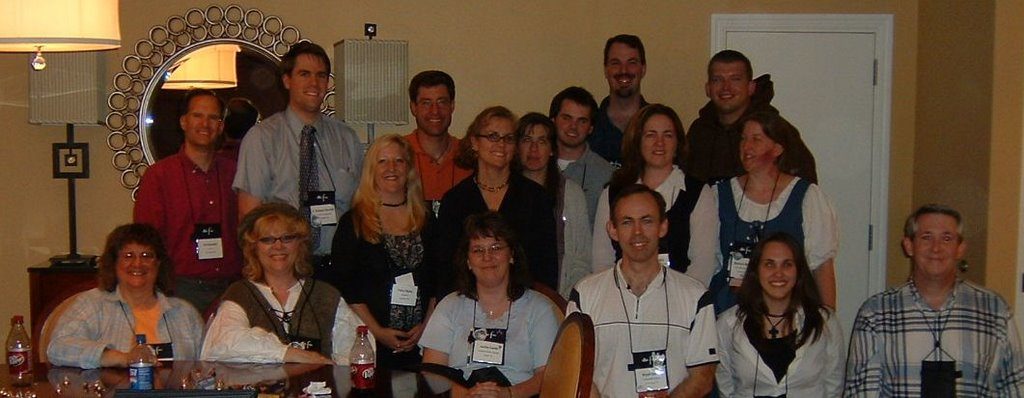

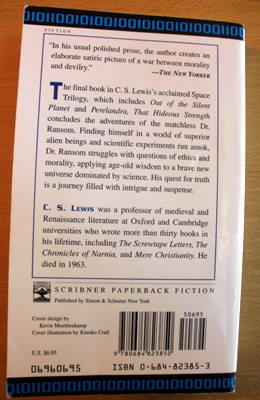
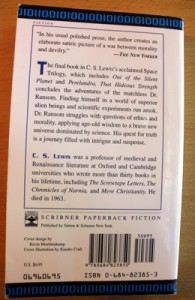
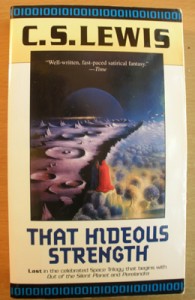
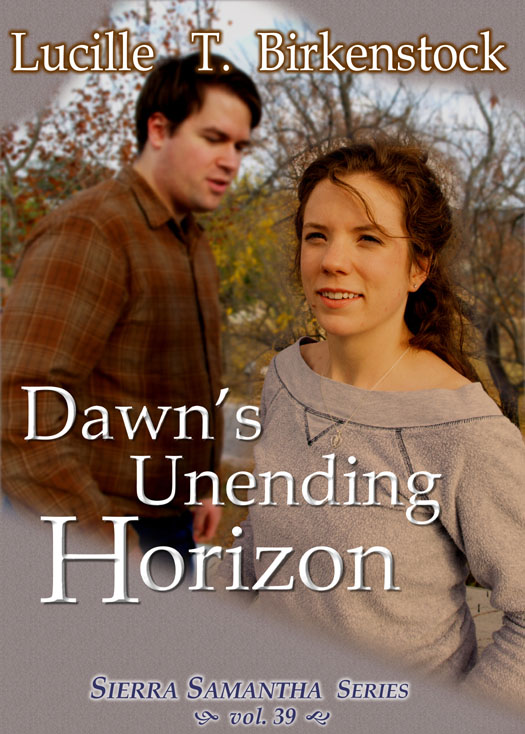

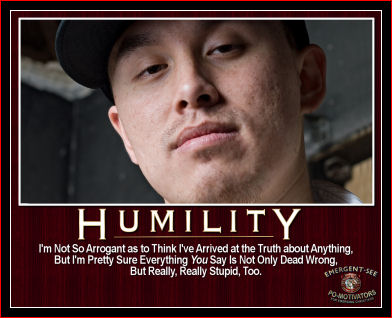

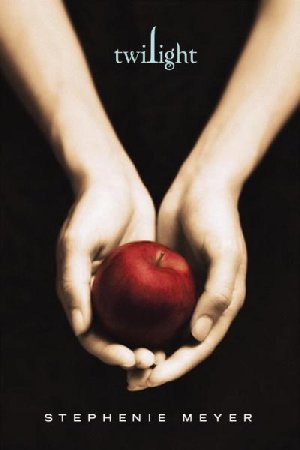

 So that leads me to wonder ⊠if a story includes moral values, but not even a hint of:
So that leads me to wonder ⊠if a story includes moral values, but not even a hint of: Should we all be âgood copâ Christian artists who get to tell the Good Parts Version of the Gospel, leaving it to âbad copâ pastors or evangelists to fill in the parts people donât like as much? And if we donât tell the whole story, arenât we guilty of promoting only more Moralism?
Should we all be âgood copâ Christian artists who get to tell the Good Parts Version of the Gospel, leaving it to âbad copâ pastors or evangelists to fill in the parts people donât like as much? And if we donât tell the whole story, arenât we guilty of promoting only more Moralism?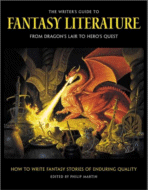
 Philip Martin, editor of
Philip Martin, editor of 



